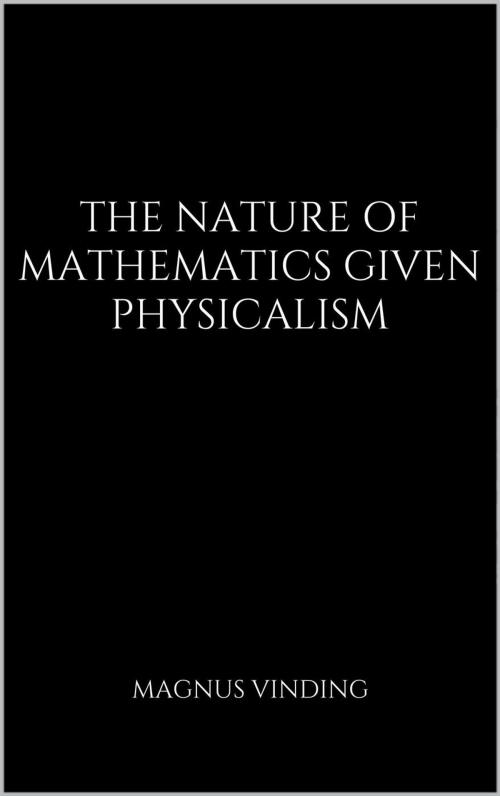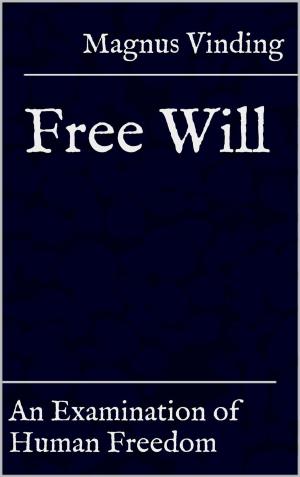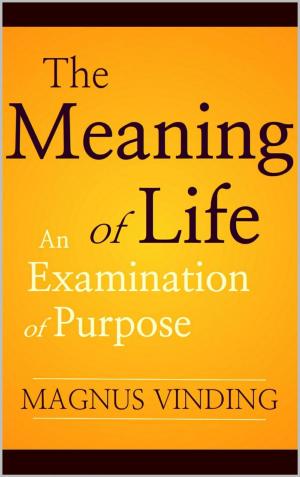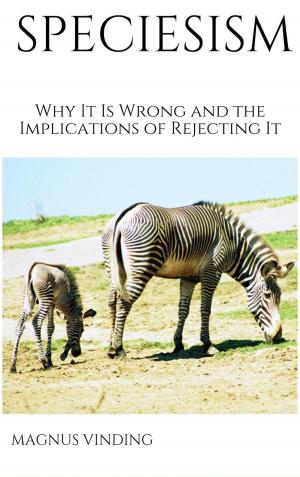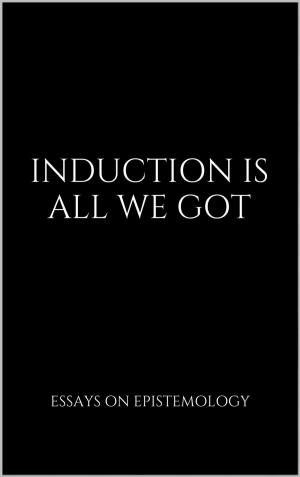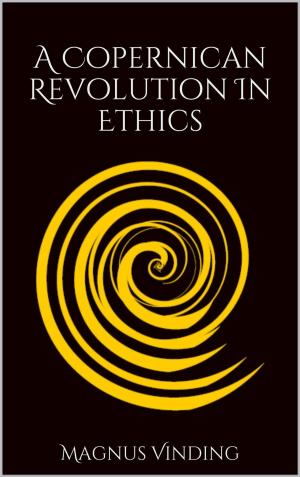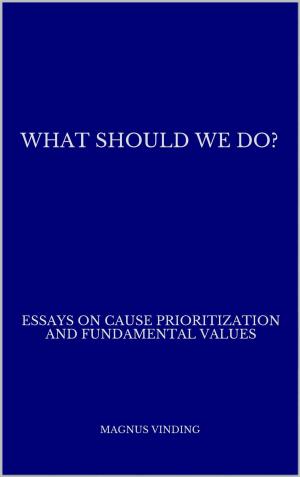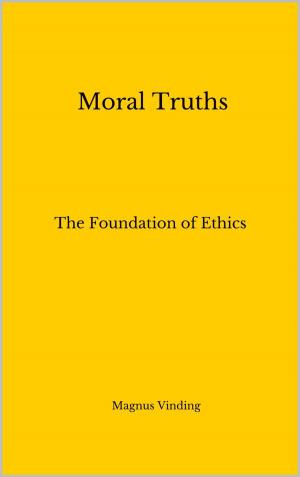| Author: | Magnus Vinding | ISBN: | 9781386960621 |
| Publisher: | Magnus Vinding | Publication: | June 1, 2018 |
| Imprint: | Language: | English |
| Author: | Magnus Vinding |
| ISBN: | 9781386960621 |
| Publisher: | Magnus Vinding |
| Publication: | June 1, 2018 |
| Imprint: | |
| Language: | English |
This project aims to explore the nature of mathematics given a physicalist ontology. In particular, it seeks to explore whether and in what way mathematics can be accommodated within, and as nothing over and above, the physical world. The project takes point of departure in a physicalist account of the nature of mathematics presented in three articles by László Szabó, and proceeds to discuss the main problems and objections faced by this account in order to assess the plausibility of physicalist accounts of the nature of mathematics.
It is concluded that it indeed does seem possible to accommodate mathematics within a physicalist ontology and, more than that, that a physicalist account of the nature of mathematics in fact seems most plausible all things considered. This has unexpected and intriguing implications for the nature of mathematics, as such an account breaks down the widely accepted dichotomy between "mathematics" on the one hand and "the physical world" on the other. By extension, it also has the implication that mathematical knowledge is not fundamentally different from other kinds of knowledge of the physical world, and thus that belief in the universality of mathematics rests, in one sense at least, on an inductive assumption.
This project aims to explore the nature of mathematics given a physicalist ontology. In particular, it seeks to explore whether and in what way mathematics can be accommodated within, and as nothing over and above, the physical world. The project takes point of departure in a physicalist account of the nature of mathematics presented in three articles by László Szabó, and proceeds to discuss the main problems and objections faced by this account in order to assess the plausibility of physicalist accounts of the nature of mathematics.
It is concluded that it indeed does seem possible to accommodate mathematics within a physicalist ontology and, more than that, that a physicalist account of the nature of mathematics in fact seems most plausible all things considered. This has unexpected and intriguing implications for the nature of mathematics, as such an account breaks down the widely accepted dichotomy between "mathematics" on the one hand and "the physical world" on the other. By extension, it also has the implication that mathematical knowledge is not fundamentally different from other kinds of knowledge of the physical world, and thus that belief in the universality of mathematics rests, in one sense at least, on an inductive assumption.
